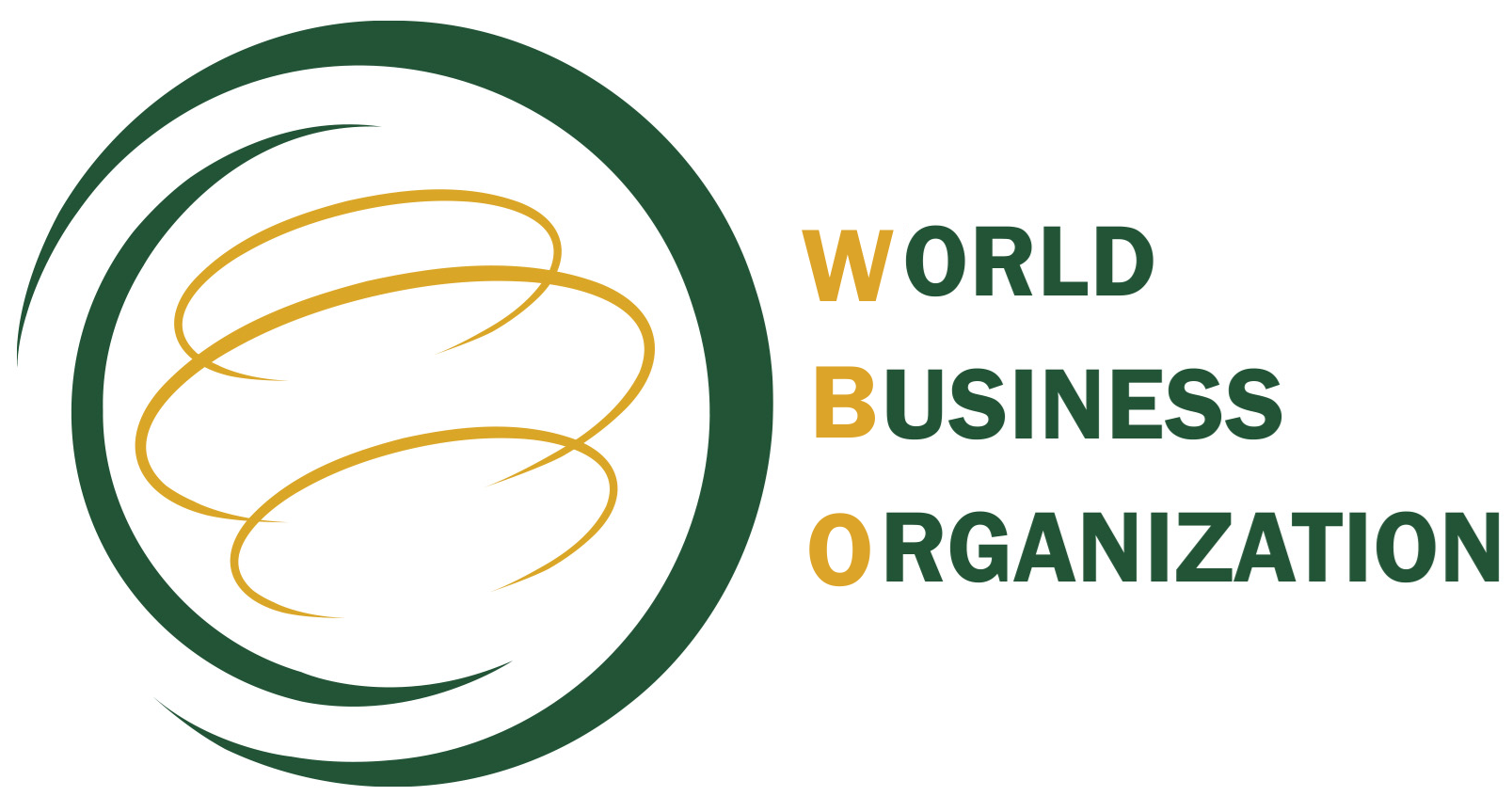Trade Rules
The Trade Rules Division within the Committee of Business Consulting at the World Business Organization (WBO) plays a pivotal role in guiding businesses through the complex landscape of international trade regulations. Its primary function is to help companies navigate global trade laws, understand compliance requirements, and capitalize on trade agreements. By providing advisory services, the division ensures that businesses can operate efficiently across borders, minimizing the risks associated with tariffs, quotas, and non-tariff barriers.
Here are 10 important roles of the Trade Rules Division in the Committee of Business Consulting at WBO:
Advising on International Trade Laws: Provide businesses with guidance on complying with international trade laws and regulations across multiple jurisdictions.
Facilitating Trade Agreements: Help businesses understand and utilize Free Trade Agreements (FTAs), regional economic partnerships, and other trade agreements to maximize benefits.
Customs and Import/Export Compliance: Assist businesses in navigating customs procedures, import/export regulations, and ensuring compliance with relevant laws to avoid delays or penalties.
Managing Tariffs and Quotas: Provide insights on how businesses can effectively manage tariffs, quotas, and trade restrictions to minimize costs and disruptions.
Risk Assessment and Mitigation: Analyze geopolitical events, trade disputes, sanctions, and other risk factors, offering strategies for businesses to mitigate trade-related risks.
Supply Chain Optimization: Work with companies to streamline global supply chains by identifying cost-saving opportunities through better trade logistics and regulations.
Product Standards and Certification: Assist businesses in meeting international product standards, technical regulations, and certification requirements for different markets.
Training and Capacity Building: Organize workshops, seminars, and training sessions to educate companies on evolving global trade policies, customs processes, and regulatory changes.
Lobbying and Advocacy: Represent business interests in discussions with government agencies, international trade bodies, and policymakers to shape favorable trade policies and practices.
Trade Dispute Resolution: Provide support and consulting on resolving international trade disputes, including mediation and navigating trade tribunals or arbitration processes.
These roles ensure that businesses operating globally are well-equipped to handle the complexities of international trade and make informed decisions to succeed in the global marketplace.
